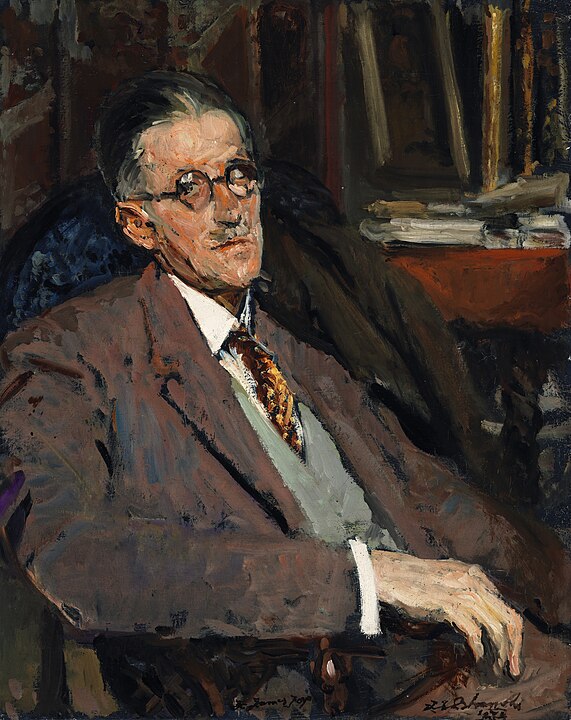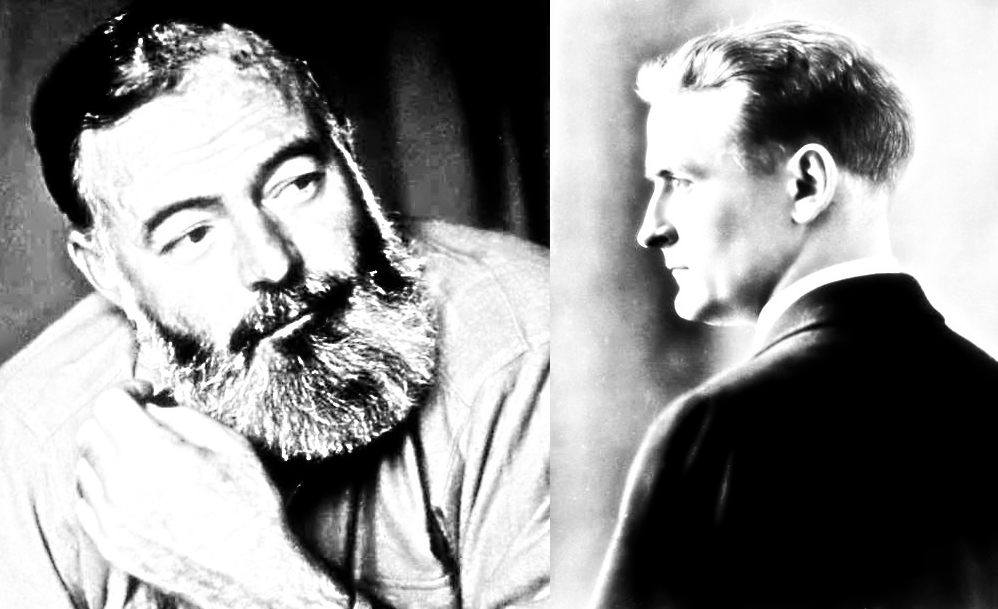Last year, I wrote a post about the short story “An Occurrence at Owl Creek Bridge,” by Ambrose Bierce, and a piece of research I came across struck me as odd—Bierce died under strange circumstances.
Today’s post is going to examine this oddness in expiration, so read along to learn more about this delightfully appropriate topic for October.
Life and times
Bierce was born on June 24th, 1842, in Meigs County, Ohio. During the Civil War, he fought in the battles of Shiloh and Chickamauga in the Indiana infantry unit. Later, he worked at various newspapers as reporter and editor, including the News Letter, the Argonaut, the Wasp, and the San Francisco Examiner.
As stated by Ohio History Central: “During his lifetime, Bierce published numerous works. He became well known for his sarcasm and his interest in supernatural topics. Among his most important books are Nuggets and Dust: Panned out in California by Dod Grile (1873), Cobwebs from an Empty Skull (1874), The Devil’s Dictionary (1906), and Tales of Soldiers and Civilians (1892).”
What his writings can tell us about him
Before we understand Bierce’s demise, we must look at some of his works, before we look at who he was as a person.
- “An Occurrence at Owl Creek Bridge”: A Confederate sympathizer is hanged after he tries to burn down a Union Bridge.
- Nuggets and Dust: Panned out in California by Dod Grile: Stories of “cynical wit” that only Bierce could produce.
- Cobwebs from an Empty Skull: Morality vignettes that ere on the side of the macabre.
- The Devils Dictionary: As the description states, “A virtual onslaught of acerbic, confrontational wordplay, The Unabridged Devil’s Dictionary offers some 1,600 wickedly clever definitions to the vocabulary of everyday life. Little is sacred and few are safe, for Bierce targets just about any pursuit, from matrimony to immortality, that allows our willful failings and excesses to shine forth.”
I think it is fair to say, as many others have pointed out, that Ambrose Bierce was a scornful person, whose sardonic commentary as it pertained to society and warfare was fiercely pointed and scathing, and whose beliefs about such affronts were informed by violent experiences fighting in the army and the aftermath of the Civil War.
In “Blind Superstition, Cursed with Illusions: Masculinity and War in Bierce’s ‘Chickamauga,’”writer Salina Patterson writes: “Bierce experienced the death and destruction in some of the most infamous battles of the war and later used that experience with ‘brutality’ to expose the failings of romanticizing and glorifying war in his writings.” In other words, Bierce may have had cause to fit the moniker Bitter Bierce, as he was sometimes referred.
How his cantankerousness led to his demise
Bierce left the United States in 1913 to report on the Mexican Revolution after sending a mysterious note to a relative detailing his want of a heroic death if it should befall him.
“Goodbye. If you hear of my being stood up against a Mexican stone wall and shot to rags please know that I think that a pretty good way to depart this life. It beats old age, disease, or falling down the cellar stairs. I shall not be here long enough to hear from you, and don’t know where I shall be next” (MacGowan).
The theories surrounding Bierce’s death aren’t as far-ranging as you would think, and they typically fall somewhere in the “he died during the revolution” category.
“One story says Bierce sustained serious wounds at the battle in Ojinaga. He made it to the border and into the States, but he died with identification or any papers in Camp Marfa,” states Doug MacGowan writing for Historic Mysteries.
Other sources state that Bierce might have been killed near the village of Icamole, or actually continued living long after the Mexican Revolution with eye-witness testimony to prove it (Gander).
Regardless, Bierce’s true death may never be known, but if we are to believe his letter…Bierce himself is probably okay with that.
Works Cited
Ambrose G. Bierce – Ohio History Central. ohiohistorycentral.org/w/Ambrose_G._Bierce.
Gander, Forrest. “Very Trustworthy Witnesses.” The Paris Review, 27 Oct. 2014, theparisreview.org/blog/2014/10/17/very-trustworthy-witnesses/.
MacGowan, Doug. “Disappearance of Ambrose Bierce – Historic Mysteries.” Historic Mysteries, 12 Sept. 2020, historicmysteries.com/disappearance-ambrose-bierce/.
Patterson, Salina. “Blind with Superstition, Cursed with Illusions: Masculinity and War in Bierce ’s ‘Chickamauga.’” The Oswald Review: An International Journal of Undergraduate Research and Criticism in the Discipline of English, 2016, https://scholarcommons.sc.edu/cgi/viewcontent.cgi?article=1163&context=tor.








Leave a Reply